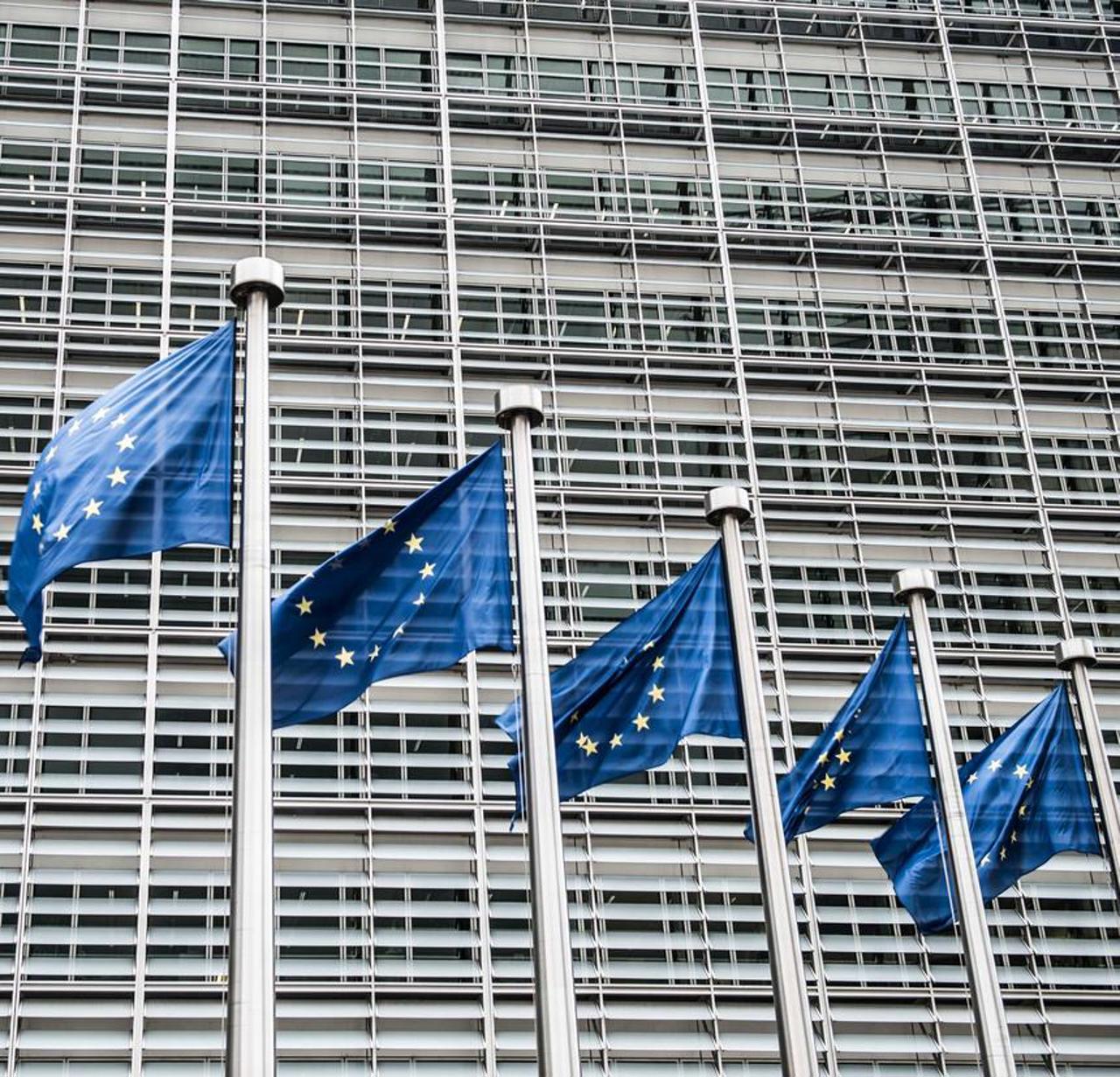EU Extends Transport Aid for Ukraine, Moldova
The European Union (EU) has proposed extending and updating road transport agreements with Ukraine and Moldova to bolster supply chains in the wake of Russia's war in Ukraine, Agerpres.ro reports.

The proposals, submitted to the Council of the European Union, include amendments designed to improve the implementation and enforcement of the agreement with Ukraine, while preserving its core objectives and scope. These changes stem from lessons learned during the current agreement and aim to streamline operations and prevent abuse.
The disruption or closure of traditional transport routes in the region, caused by the war, has highlighted the importance of alternative options. The Black Sea, traditionally a vital trade route for Ukraine and Moldova, is no longer a viable option due to the ongoing conflict. Extending the agreements until at least the end of 2025 will ensure continued access to critical transport links.
Key among the proposed amendments is a requirement for transport operators to hold documentation proving proper authorization and adherence to the agreement. Additionally, the measures aim to strengthen compliance by freight road transport operators and combat fraud or falsification of driver documents and traffic violations that compromise safety.
A new safeguard clause allows for the suspension of the agreement in specific geographical areas experiencing major disruptions attributable to the agreement itself.
The EU emphasises that these measures will strengthen the agreements without jeopardising the mutual benefits enjoyed by both sides. The existing agreements have facilitated a significant increase in trade between the EU and Ukraine, and similar positive impacts are expected with Moldova. Furthermore, these agreements have been instrumental in supporting the "solidarity lanes" established to facilitate the export of Ukrainian goods.
The proposals now await consideration by the Council, which must grant the Commission a mandate to negotiate with Ukraine and Moldova. Once approved, the Commission will formally engage with both countries to secure their agreement.
Translation by Iurie Tataru





